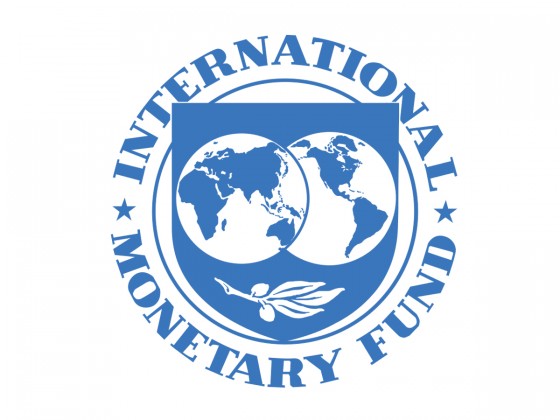
The Armenian government will allocate more than $116 million in 2015 to finance the temporarily occupied territories of Azerbaijan. The corresponding forecast is contained in the report of the International Monetary Fund (IMF).
According to the IMF report, it is about 1.1 percent of the country’s GDP [it is expected that Armenia’s GDP volume will be about $ 10.6 billion in 2015].
However, the amount of funds allocated to the temporarily occupied territories of Azerbaijan amounted to 0.9 percent of GDP in 2014, the report said.
Thus, Armenia’s foreign debt in 2015 can increase up to 48.2 percent of GDP. The IMF predicts a further increase in the foreign debt of Armenia up to 2017 (51.6 percent of GDP) and a slight improvement by 2020 (50.9 percent of GDP).
Armenia already allocated a loan in June 2015 aimed at supporting the temporarily occupied territories of Azerbaijan to help cope with the difficult economic situation, the report says.
In general, the IMF stressed worsening of the economic situation in Armenia in late 2014 and 2015. This is connected with the economic situation in Russia, which is the largest trading partner and a key source of investment and financing for Armenia.
Among the risks that could cause the further deterioration of the situation in Armenia, the IMF mentioned the conflict with Azerbaijan and a possible deterioration in the Russian-Georgian relations.
According to the IMF experts, the risk of aggravation of the Armenian-Azerbaijani conflict is high. It may involve other countries, presumably, Russia and Turkey. As for the Russian-Georgian relations, then, according to the IMF, their deterioration can disrupt energy supplies to the country, as well as have a negative impact on transport and trade.
The conflict between the two South Caucasus countries began in 1988 when Armenia made territorial claims against Azerbaijan. As a result of the ensuing war, in 1992 Armenian armed forces occupied 20 percent of Azerbaijan, including the Nagorno-Karabakh region and seven surrounding districts.
The two countries signed a ceasefire agreement in 1994. The co-chairs of the OSCE Minsk Group, Russia, France and the US are currently holding peace negotiations.
Armenia has not yet implemented the UN Security Council’s four resolutions on the liberation of the Nagorno-Karabakh and the surrounding regions.
Trend
